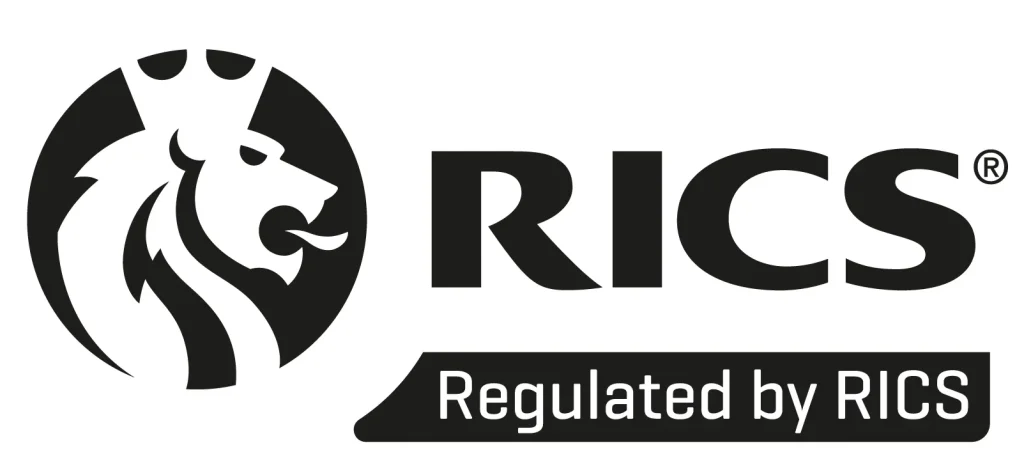OUR SERVICES
Services
WE PROVIDE
Lease Extension

Leasehold properties unfortunately reduce in value over time. The less time that is left on the lease, the less valuable the property becomes. A short lease with 90 years unexpired or lower may become a problem when the time comes around to either re-mortgage or sell the property.
The ‘Leasehold Reform Housing and Urban Development Act 1993’ gives leaseholders the right to an additional 90 years on top of the existing lease at a ‘peppercorn rent’. A peppercorn rent means that no ground rent is paid. For example, if your current lease had 85 years left to run, the new extended lease would be for 175 years.
The landlord or freeholder is entitled to a premium (the price) for extending the lease and this is based on a formula set out in the 1993 act, as amended by any future acts that apply.
The above explains your legal right to extend your lease following the statutory (formal) route. If you prefer however, it may be possible to negotiate an ‘informal’ lease extension with your landlord. The informal route has no rules and your landlord is not obliged to extend your lease, and even if they do they can set whatever terms they like. If you decide to proceed down this route, we would still advise to obtain professional valuation and legal advice.
Weyside Surveyors can assist in providing advice on these valuations and are more than happy to give you a rough indication as to the likely premium and associated costs before you commit any money to formally starting the process.

Collective Enfranchisement

Collective Enfranchisement is the right for leaseholders of a building to join together and buy the freehold of that building from their freeholder (landlord).
In order to qualify for a Collective Enfranchisement claim the building must be a self-contained and constitute a vertical division. There must also be at least two flats in the building with at least two-thirds of the flats owned by ‘qualifying’ leaseholders

Professional Valuation

The RICS Valuation – Global Standards or ‘Red Book’ is published by The Royal Institution of Chartered Surveyors (RICS) and sets out mandatory rules of best practice for RICS members undertaking valuations. The Red Book sets out professional, technical and performance standards for valuers in delivering unbiased valuations for their clients.
A Red Book valuation involves a RICS Registered Valuer inspecting the property and providing a formal report on the current market value of the property. To determine an opinion of value, the valuer will assess the current market and analyse comparable properties that have recently been sold in the area.
We can provide Red Book Valuations for:
- Shared Ownership
- Right to Buy
- Tax planning purposes
- Capital Gains Tax (CGT)
- Probate or Inheritance Tax (IHT)
- Market Rental Value
At Weyside Chartered Surveyors, a RICS Registered Valuer can provide formal Red Book Valuations for a range of residential properties to our clients. So, if you need a valuation talk to us about our expert Red Book Valuation services.





